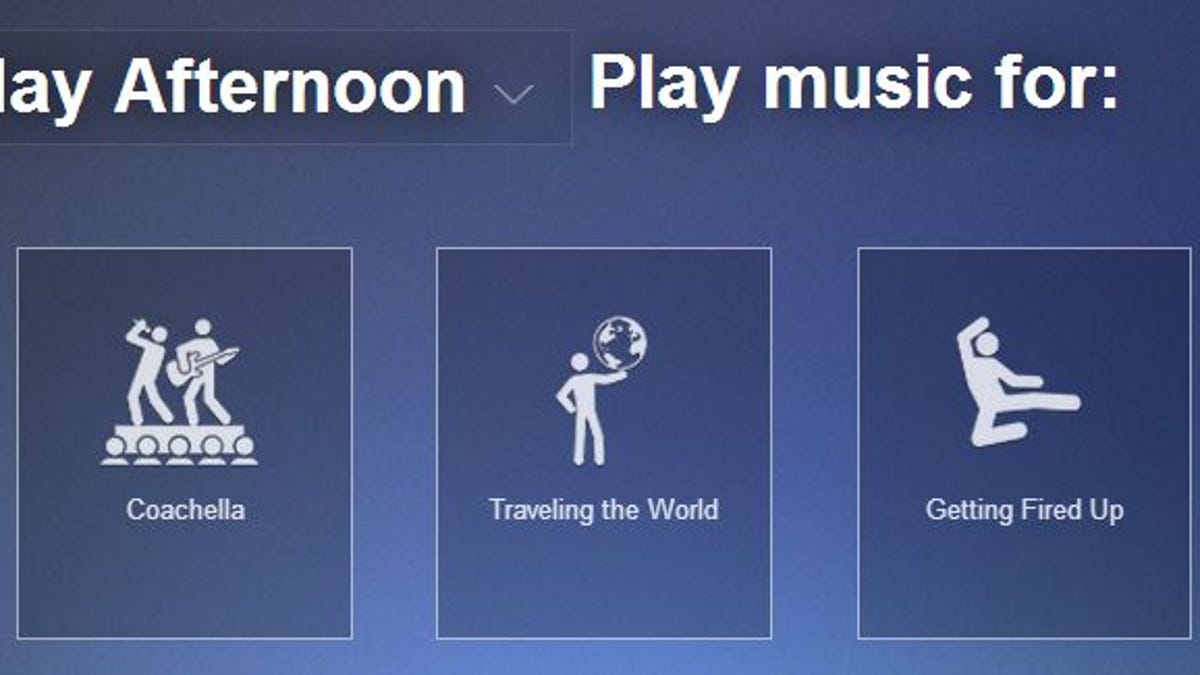Does it still make sense to buy music?
Why deal with all the hassles of buying and maintaining a music library when you can get nearly everything you want online, sometimes even for free?
About a year ago I asked readers if it still made sense to buy CDs, what with DRM all but dead and MP3 albums typically selling for less than their disc-based counterparts.
The response was incredible, with some pretty passionate defense of the seemingly antiquated CD. For some users, it's all about sound quality. For others, it's about the security of owning physical media.
Lately I've been wondering if it makes sense to own music at all. Make no mistake: I grew up accumulating LP and 45 records (a crate of which I recently donated to charity), then switched to CDs (currently packed away in the same box for five or six years). During the iPod era, I ripped all those discs, then gradually migrated my way to MP3 purchases.
In other words, I've been all about ownership. Yet in recent months I've spent very little money on music. Know why? Apps.
Who needs a music library?
You know the ones I mean: Pandora. Rdio. Slacker. Songza. Spotify. For free or cheap I can stream pretty much every song on the planet, discovering new music as I go or just queuing up favorites on-demand. You've heard the phrase "embarrassment of riches"? That's what we've got here.
More and more these days, for example, I fire up Songza. It streams playlists bases on your chosen mood or activity, and does so without interruption. Oh, sure, you see ad banners within the app, if you bother to look at it, but the music plays on. And on. Without a single commercial. Your total cost for the service: zero. I have no idea how this is possible, but I promise you I ain't complaining. Songza not only saves me the trouble of having to make my own playlists, it helps me discover mood-specific music I'd have otherwise missed.
Pandora and Slacker, of course, focus more on specific artists and genres, which is great, and for a few bucks monthly you can dispense with commercials and enjoy more features and higher-quality audio. And for 10 bucks a month, the likes of Rdio and Spotify let you listen to whatever songs and albums you want, on-demand, without limits. As I said: embarrassment of riches. (For more on music services, check out this post.)
There's yet another advantage to "renting" music rather than owning, and that's storage: AACs, MP3s, and the like consume space. I can't come close to fitting my entire library on my iPhone or iPad, but the cloud has infinite storage. Indeed, once I offload my tunes, I've got lots of extra space for apps, videos, and other goodies.
What about the pipe?
The flipside, of course, is that data doesn't come cheap, especially if you're consuming it on a smartphone. Stream too much and you could blast through your monthly data cap. And let's not forget availability: slow or no Internet access means no music for you. If I suddenly drive into a 2G or no-G area, Songza will soon be Gone-za.
The other downside to the rental option is audio fidelity. Pandora's premium plan, for example, bumps you up to a mere 192Kbps streaming -- pretty good to my ears, but a far cry from the 320Kbps, CD-quality bit rates that audiophiles covet. And if you send your streaming songs to a Bluetooth speaker, which I do routinely, that's a further loss of fidelity.
I'm fine with that; to me it all sounds at least as good as FM radio, which I find great. But the idea of paying yet another subscription fee more or less for life? I'm still grappling with that. I pay $7.99/month for Netflix, and probably will forever; why should this be any different? Somehow, it is.
Still, there's so much to be said for having an endless library of music I can access from just about anywhere, especially when it frees me from the hassles of having to store and maintain and mobilize my library.
Your thoughts?


